The head of Microsoft Gaming division Phil Spencer discussed the lack of growth in the console market and how the slowdown of Moore's Law made hardware subsidization more complicated.
"Moore's Law has slowed down," Spencer said. "The price of console components is not decreasing as rapidly as in previous generations."
He added that hardware subsidization is becoming more complex in the modern world. He also expressed uncertainty about whether "this is advancing the industry."
Additionally, Spencer expressed disappointment in how closed the ecosystems are on consoles. When asked if other stores, like Itch.io and the Epic Games Store, could exist on Xbox in the future, he replied affirmatively. He recalled Microsoft's history as a Windows company. Using a PC, no one is limited in choosing the most suitable place to buy games.
"And there is real value in that," Spencer noted.
He added that launching games on PC allows you to feel "an integral part of the gaming ecosystem as a whole." On the other hand, on consoles, the gaming process is somewhat fragmented—based on different closed ecosystems.
In recent years, Microsoft has released Xbox games on the day of release not only on consoles but also on PC.
The combined sales of PlayStation and Xbox consoles have remained relatively unchanged for over 20 years. Each generation of these two consoles has sold between 170 and 185 million units throughout their lifespan.
According to statistics, for the first 40 months of availability worldwide, sales of Xbox X|S consoles significantly (almost doubled) lag behind PlayStation 5 sales—28 million compared to 55.5 million. The difference is 27.43 million units. However, Nintendo Switch performs even better, outselling PS5 by 4.41 million units. In the first 40 months of sales, it has sold 59.9 million devices.






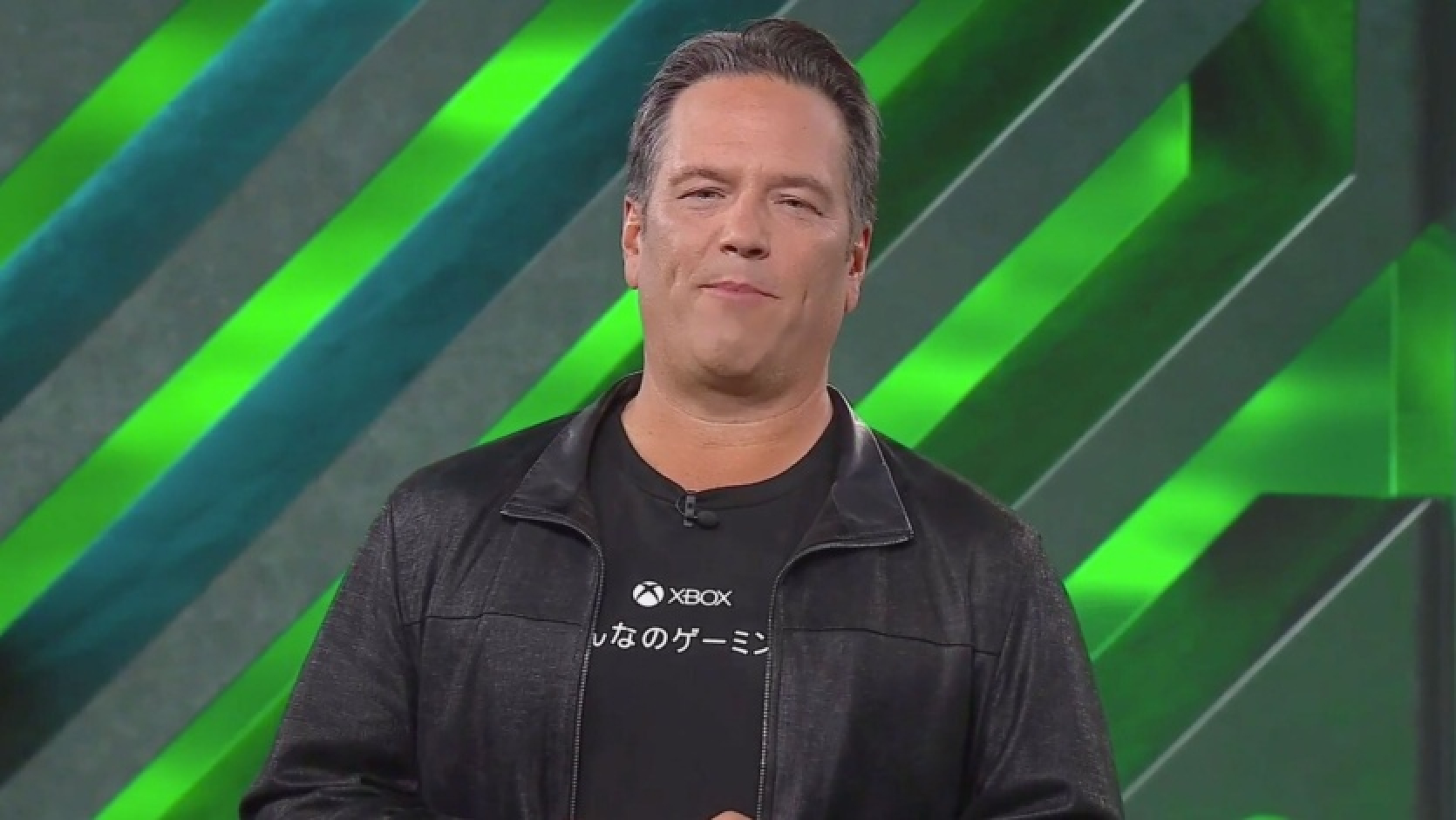



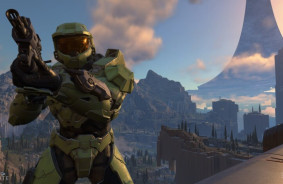
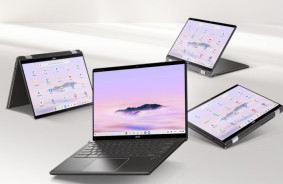
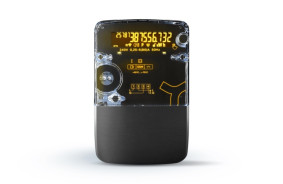
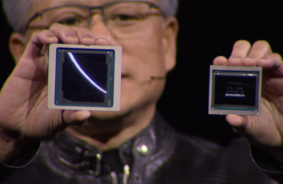
Comments (0)
There are no comments for now